Trusted company that deals in Quality-made products
Calcium Hydroxide Pure
34 INR/Kilograms
Product Details:
- Solubility Soluble in water
- Storage Room Temperature
- CAS No 1305-62-0
- Type Pharmaceutical Intermediates
- Grade Medicine Grade
- Purity(%) 99
- Appearance White powder
- Click to View more
X
Calcium Hydroxide Pure Price And Quantity
- 25 Kilograms
- 34 INR/Kilograms
Calcium Hydroxide Pure Product Specifications
- 1305-62-0
- 99
- Powder
- White powder
- Soluble in water
- Room Temperature
- Medicine Grade
- Pharmaceutical Intermediates
Calcium Hydroxide Pure Trade Information
- Cheque
- 10 Kilograms Per Day
- 10 Days
- Yes
- Free samples are available
- HDPE Bag/ HDPE Drum/ Jar Packing
- Asia Australia Central America North America South America Eastern Europe Western Europe Middle East Africa
- All India
- FDA, GMP, GLP, ISO, FASSAI, KOSHER, HALAL
Product Description
Calcium hydroxide, often referred to as slaked lime or hydrated lime, is a chemical compound with the chemical formula Ca(OH)2. It is a white, crystalline solid, and it is produced by mixing calcium oxide (lime) with water.
Calcium Hydroxide Properties:
1. Chemical formula: Ca(OH)2
2. Molar mass: 74.093 g/mol
3. Appearance: White powder
4. Odor: Odorless
5. Density: 2.211 g/cm3, solid
6. Melting point: 580 degree centigrade
7. Solubility: Soluble in glycerol and acids. Insoluble in ethanol.
8. CAS Number: 1305-62-0
Calcium Hydroxide Applications:
1. Construction Industry:
Mor tar: Calcium hydroxide is used in mor tar formulations for construction purposes. It reacts with carbon dioxide in the air to form calcium carbonate, contributing to the hardening and setting of mor tar.
Plaster: It is also used in plaster formulations for similar reasons, aiding in the setting process.
2. Agriculture:
Soil Amendment: Calcium hydroxide is used as an agricultural lime to neutralize acidic soils. It helps in raising the pH of acidic soils, making them more suitable for plant growth.
Animal Feed Additive: In animal husbandry, it is used as a dietary supplement for livestock to provide calcium and adjust the pH of their digestive systems.
3. Water and Wastewater Treatment:
pH Adjustment: It is used to adjust the pH of water and wastewater treatment processes. It helps in neutralizing acidic effluents and controlling pH levels to meet regulatory standards.
Precipitation of Impurities: Calcium hydroxide reacts with impurities such as heavy metals and phosphates, precipitating them out of water for removal.
4. Food Industry:
Pickling: In food processing, it is used in pickling processes to maintain the acidity and extend the shelf life of pickled vegetables.
Baking: It is sometimes used as a leavening agent in baking, although this application is less common compared to other leavening agents like baking powder or baking soda.
5. Environmental Applications:
Flue Gas Desulfurization (FGD): Calcium hydroxide is used in FGD systems to remove sulfur dioxide (SO2) from flue gases emitted by industrial processes, power plants, and incinerators.
Land Remediation: It is used in soil stabilization and remediation projects to treat contaminated soils, neutralizing harmful substances.
6. Chemical Industry:
Manufacturing Processes: It is used in various chemical processes as a reactant or catalyst in the production of other chemicals.
7. Medicine:
Dentistry: In dentistry, calcium hydroxide is used in root canal treatments as an intracanal medicament for its antimicrobial and tissue-regenerative properties.
Calcium Hydroxide FAQ:
Q. How is calcium hydroxide produced?
Ans: Calcium hydroxide is typically produced by mixing calcium oxide (quicklime) with water in a process called hydration.
Q. How does calcium hydroxide function as a soil amendment?
Ans: As an agricultural lime, calcium hydroxide is used to neutralize acidic soils by raising their pH levels. This helps to improve soil fertility and make it more suitable for plant growth.
Q. Is calcium hydroxide safe to handle?
Ans: While calcium hydroxide is generally considered safe when handled properly, it can cause irritation to the skin, eyes, and respiratory system. Protective equipment should be worn when handling it.
Q. Can calcium hydroxide be used in water treatment?
Ans: Yes, calcium hydroxide is commonly used in water and wastewater treatment processes to adjust pH levels, remove impurities, and facilitate precipitation of contaminants.
Q. What role does calcium hydroxide play in construction materials?
Ans: In construction, calcium hydroxide is used in mort ar and plaster formulations for its ability to harden and set quickly. It reacts with carbon dioxide in the air to form calcium carbonate, contributing to the hardening process.
Q. Are there any environmental benefits of using calcium hydroxide?
Ans: Yes, calcium hydroxide can be used in environmental remediation projects to treat contaminated soils and neutralize harmful substances. It is also used in flue gas desulfurization systems to remove sulfur dioxide emissions from industrial processes.
Q. Is calcium hydroxide used in dental procedures?
Ans: Yes, in dentistry, calcium hydroxide is used in root canal treatments as an intracanal medicament for its antimicrobial and tissue-regenerative properties.
FAQs of Calcium Hydroxide Pure:
Q: What is the molecular weight of Calcium Hydroxide Pure?
A: The molecular weight of Calcium Hydroxide Pure is 74.1 gm/mol.Q: What is the appearance of Calcium Hydroxide Pure?
A: Calcium Hydroxide Pure appears as a white or almost white, fine powder.Q: What is the purity of Calcium Hydroxide Pure?
A: The purity of Calcium Hydroxide Pure is a minimum of 92.0%.Q: What is the shelf life of Calcium Hydroxide Pure?
A: The shelf life of Calcium Hydroxide Pure is five years after the manufacturing date.Q: What is the CAS No of Calcium Hydroxide Pure?
A: The CAS No of Calcium Hydroxide Pure is 1305-62-0.Enter Buying Requirement Details
 English
English Spanish
Spanish French
French German
German Italian
Italian Chinese (Simplified)
Chinese (Simplified) Japanese
Japanese Korean
Korean Arabic
Arabic Portuguese
Portuguese
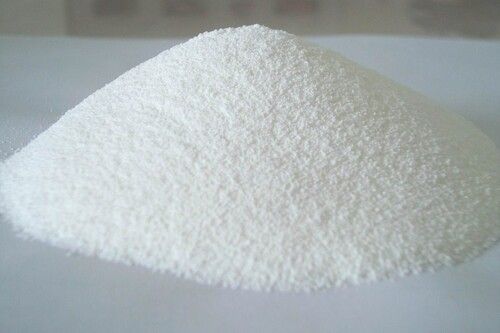
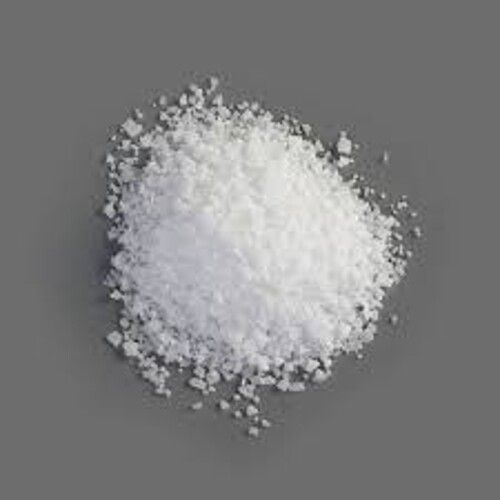
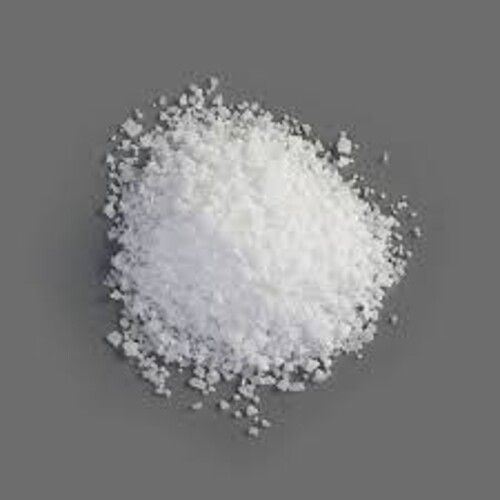
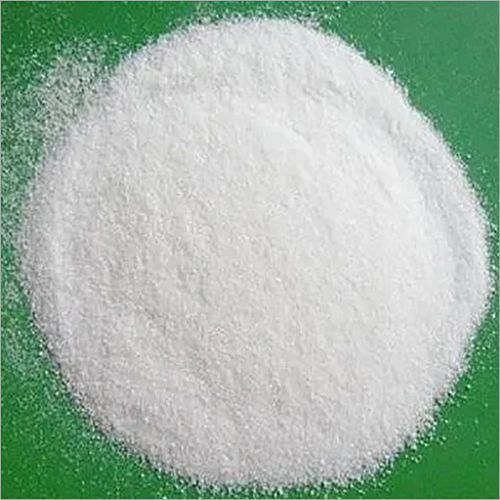
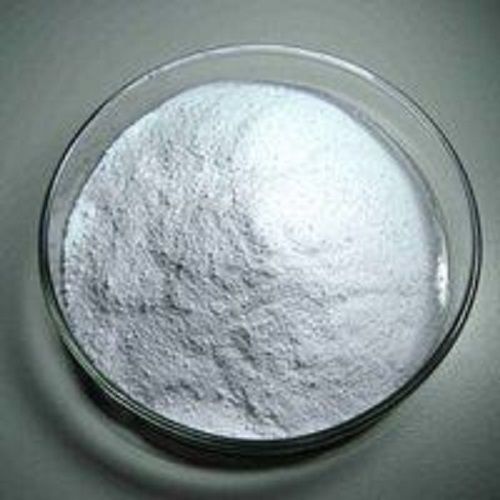
 Send Inquiry
Send Inquiry Send SMS
Send SMS Call Me Free
Call Me Free